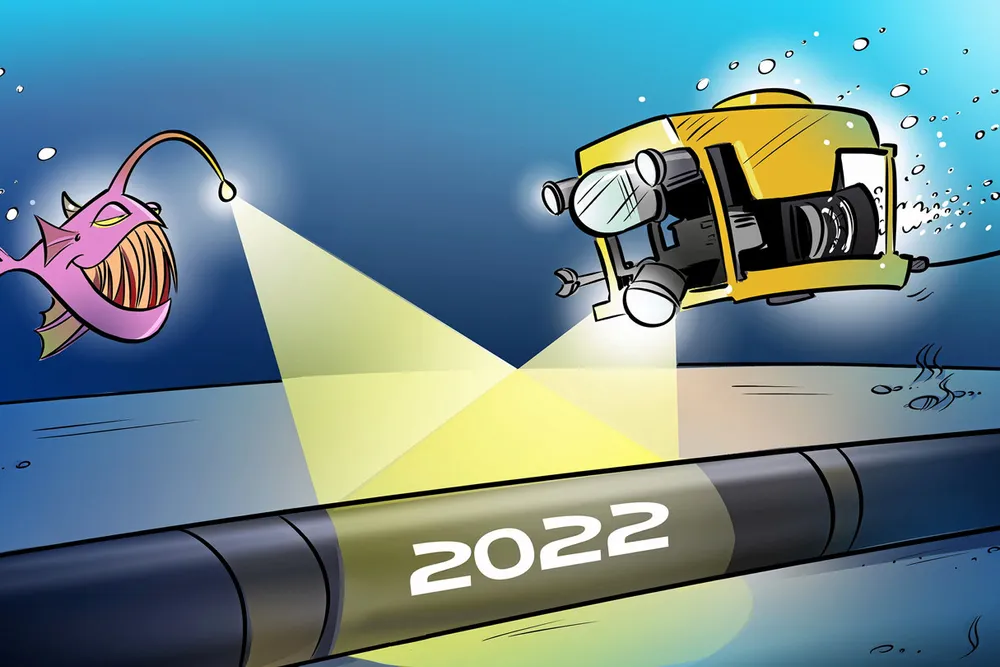Sidetracked in 2022… sketches from a turbulent year for energy
Upstream looks back on the events of a roller coast year in a month-by month selection from Sidetrack, our weekly cartoon feature. Illustrations by Rytis Daukantas

Upstream looks back on the events of a roller coast year in a month-by month selection from Sidetrack, our weekly cartoon feature. Illustrations by Rytis Daukantas
